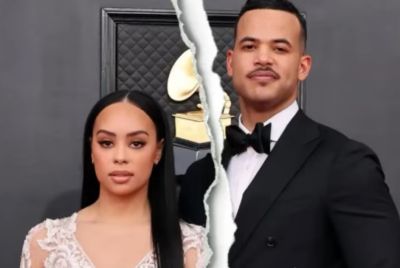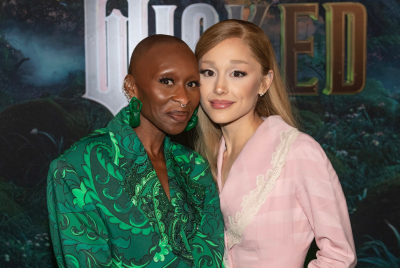Rush Hour 4 Is Happening: Here's What Trump Has To Do With It
Paramount's distribution deal, Trump's behind-the-scenes involvement and the return of the original cast and director have set Rush Hour 4 back into motion after years of uncertainty.

Rush Hour 4 has moved from years of uncertainty to active development, driven in part by a request from President Donald Trump that reignited studio interest in the long-running franchise. Paramount is now set to distribute the film. The project brings together returning stars, a controversial director and a studio system reshaped by new ownership.
A Franchise Revived Through Presidential Influence
Reports state that Paramount agreed to distribute Rush Hour 4 after Trump personally asked the studio to revive the series. According to Semafor, it played a role in the decision to push the project forward. Trump's involvement has added an unexpected political thread to a film franchise previously known only as a comedic action series.
'RUSH HOUR 4' is officially in the works
— ScreenTime (@screentime) November 25, 2025
(via: Deadline) pic.twitter.com/EMvZ4rF93z
Brett Ratner will return to direct the fourth instalment after a prolonged absence from feature films. His last major release was the 2014 action film Hercules, led by Dwayne Johnson. Ratner's career slowed in 2017 following allegations connected to the #MeToo movement, though he has remained active through other projects. His relationship with the Trump family strengthened during the production of Melania, a documentary about the former First Lady.
Amazon reportedly paid £31.5 million (approximately $40 million) for the rights to release that project. This connection placed Ratner in proximity to the administration during a period in which Rush Hour 4 was being reconsidered.
Paramount's Role and the Film's New Structure
Paramount's involvement in Rush Hour 4 is limited to distribution, with the studio being paid a flat fee to release the film theatrically. It will not be responsible for the cost of production or marketing, making the arrangement lower risk than a traditional studio-funded release.
Warner Bros., through its New Line label, released the original Rush Hour in 1998 and the sequels in 2001 and 2007. Under the new agreement, Warner Bros. will receive first-dollar gross, meaning it will collect a percentage of box office revenue before costs are repaid. Multiple distributors were approached after Warner Bros. allowed the producers and Ratner to explore new partners. Many reportedly declined due to Ratner's involvement, which made Paramount's agreement more unusual given the broader industry reluctance.
A Legacy of Commercial Success
The franchise has been a substantial box office performer. The first Rush Hour, centred on two police officers teaming up to rescue a diplomat's daughter, earned £192 million (approximately $244 million) worldwide. The sequels strengthened the franchise with £273 million (approximately $347 million) for Rush Hour 2 and £203 million (approximately $258 million) for Rush Hour 3. These successes came during a period when comedy-driven action films were dominant in cinemas.
Since then, comedies have declined significantly at the box office, raising questions about how Rush Hour 4 will perform in a market that now favours large-scale franchise films and major action releases. Jackie Chan, whose physicality shaped the tone of the earlier films, is now 71. Chris Tucker has not led a film since Rush Hour 3 in 2007.
Studio Ambitions and Trump's Connection to Paramount Leadership
Paramount's chairman and CEO, David Ellison, is the son of Larry Ellison, known for being one of Trump's most prominent financial supporters. Trump has publicly praised Ellison's leadership, adding another layer of connection between the former President and the film's development.
The timeline for Rush Hour 4 remains unclear, but its path to production has already set it apart from its predecessors, shaped by political influence, shifting studio priorities and the return of key figures not seen together on a major film in more than a decade.
© Copyright IBTimes 2025. All rights reserved.





















